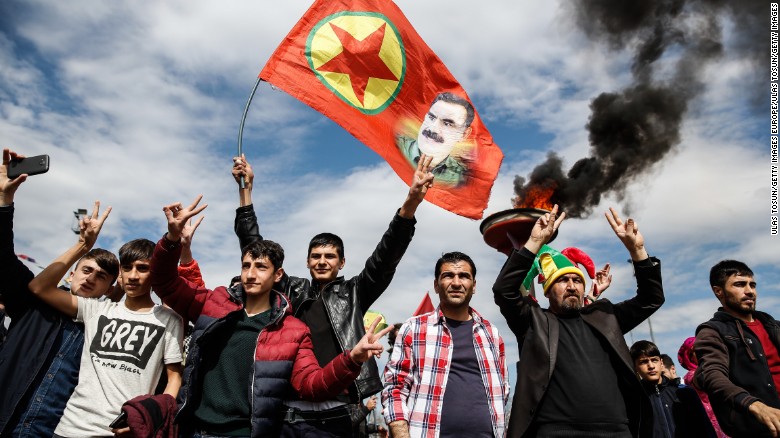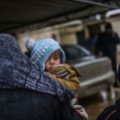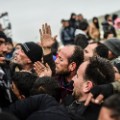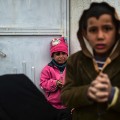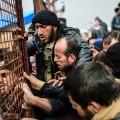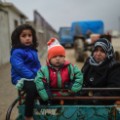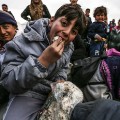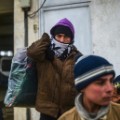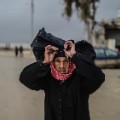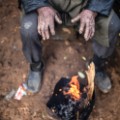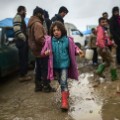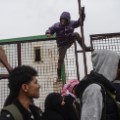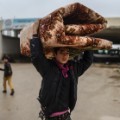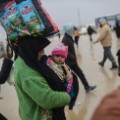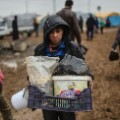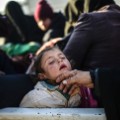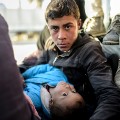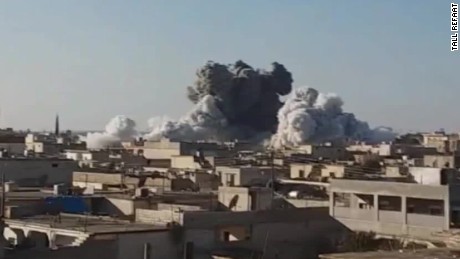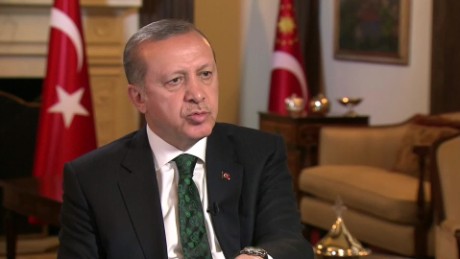Story highlights
- Violence is surging as Turkey battles an array of enemies
- As well as jihadist bombings, Turkey is maybe more internally polarized than ever
(CNN)Tuesday's violent bombing at Istanbul Ataturk Airport is just the latest in a series of fatal terrorist attacks targeting Turkey.
The nation was once praised by western allies as being a democratic model for the Muslim world. But lately violence has surged and increasingly Turkey finds itself simultaneously battling an array of determined enemies.
We take a look at the different groups involved.
ISIS
ISIS militants have increasingly targeted Turkey over the course of the last year, and, according to the Turkish Prime Minister Binali Yildirim, are suspected to be behind the airport attack in Istanbul.
"The signs point to Daesh but investigation is ongoing," he said on live television, using another name for ISIS.
Turkey is supporting the US-led coalition that is fighting ISIS in neighboring Iraq and Syria, but the battle has moved into Turkish territory with a series of deadly ISIS suicide bombings.
The worst suspected ISIS attack came last October, when at least 95 civilians were killed in at a peace rally in Ankara.
Some of Turkey's current instability is an unfortunate consequence of the government's hospitality to millions of desperate refugees fleeing Syria.
While allowing refugees to flee the conflict, Erdogan's government also turned a blind eye to jihadi militants entering Syria from Turkish territory for years, and the nation now faces the blow-back consequences of that policy.
Turkish security forces have begun cracking down on ISIS networks that appear to have taken root across the country, but those militants are now striking back, and appear to be taking aim at Turkey's lucrative tourism industry.
The PKK
Turkey's other main enemy is the Kurdistan worker's party, or PKK. They claim to represent Turkey's largest ethic group, the Kurds, who make up an estimated 20% of the Turkish population.
Turkish militants have been battling the Turkish state off and on for some 30 years.
A peace process crumbled last year leading to fresh clashes in a number of different towns and cities is south eastern Turkey, with Turkish security forces imposing controversial curfews on predominantly Kurdish cities, contributing to a spike in tensions.
The PKK were responsible for the deadly bomb attack in Ankara in February that targeted off-duty police officers. Up until now, the PKK do not appear to have targeted civilians.
The YPG
To make things more complex, the PKK's Syrian affiliate, Party for Democratic Unity (PYD), has a military wing -- the People's Protection Units.
Known as the YPG, the group is actively fighting ISIS in Syria alongside the United States.
According to the Director of the Middle East Program at the Woodrow Wilson Center, Henri Barkey, the YPG has proven to be the single most effective force against ISIS.
"The United States desperately needs the Syrian Kurds," he says.
But the U.S. and Turkey have been at odds over U.S. cooperation with the group because of their affiliation with the PKK.
"Turkey is anxious to delegitimize the PKK as it pursues a scorched earth policy against the PKK in the primarily Kurdish towns in the southeastern provinces of the country," says Barkey.
Additionally, according to the director of the Turkish Research Program at the Washington Institute, Soner Cagaptay, the PYD and its military wing YPG have taken advantage of Russian airstrikes and expanded their reach in Syria to the detriment of other Syrian rebel groups backed by Turkey.
"This has angered Ankara to the extent that it has started to shell PYD-held territory in Syria," he says.
Problems at home and abroad
As well as deadly jihadist bombings and a spike in tensions with the country's largest ethnic minority, Turkey is perhaps more internally politically polarized than ever.
The population is very much divided between citizens who love -- or loathe -- President Recep Tayyip Erdogan.
His progressive image has been replaced by the arrest and prosecution of journalists who dare to criticize the government, strict internet censorship, and the wholesale sacking of police officers and prosecutors who had investigated Erdogan's government for corruption.
The Gay pride parade has happened peacefully for at least 13 years in Istanbul, but this week was banned by the government.
Riot police fired tear gas and rubber pellets at LGBT activists who tried to march through the city.
A champion of pious, working class Turks, Erdogan has dominated Turkey's political scene for 14 years. Until recently he presided over a prolonged period of economic expansion.
But the heady days when Erdogan pushed a reformist agenda, lobbying hard to win Turkey's membership in the European Union have faded.
In what could be defined as a foreign policy reset, just this week Erdogan reached out to Russia and Israel in an attempt to ease strained relations.
And while this might work to mend ties with two powerhouses on the world stage, it could also serve to further shred relations with those closer to home.

